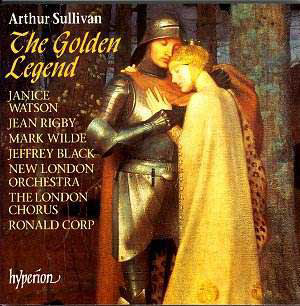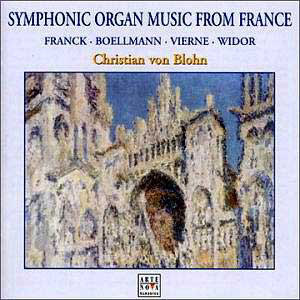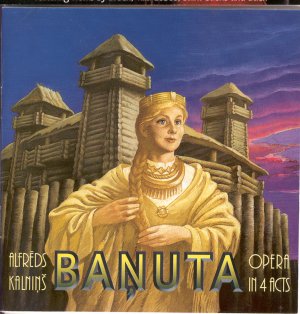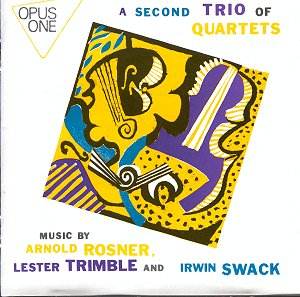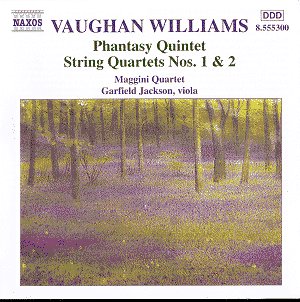 Composer: Ralph Vaughan Williams
Composer: Ralph Vaughan Williams
Works: Phantasy Quintet (1912), String Quartet No. 1 in G minor (1908 rev. 1921), String Quartet No. 2 in A minor (1942-3)
Performers: Maggini Quartet; Garfield Jackson, viola
Recording: Potton Hall, Suffolk, UK, June 13-15, 2000
Label: NAXOS
Ralph Vaughan Williams occupies a unique position within the British classical landscape, straddling the pastoral and modernist idioms with an unmistakable voice that speaks of both serenity and drama. The works presented on this NAXOS recording—his Phantasy Quintet and two string quartets—offer an engaging survey of his evolving style, reflecting the rich emotional tapestry and harmonic language that would characterize his oeuvre. Composed at different stages of his career, these pieces illuminate Vaughan Williams’s compositional development, particularly his engagement with the string quartet format and the influences of contemporaries such as Maurice Ravel.
The performance of the Maggini Quartet, complemented by the viola of Garfield Jackson, is nothing short of exemplary. The ensemble’s technical precision allows for the intricate contrapuntal lines of the Phantasy Quintet to emerge vividly, revealing the lush harmonic textures that Vaughan Williams expertly weaves. Here, the violist’s participation is not merely additive; Jackson’s rich tone enhances the ensemble’s sonority, echoing the vibrant orchestral colors of Vaughan Williams’s later works, such as the Fifth Symphony. The dynamic range and expressive nuances conveyed by the Maggini Quartet are particularly striking in the opening movement of the First Quartet, where bold gestures unfold with rhythmic clarity. The ensemble’s ability to traverse the emotional spectrum—from the stark stridency of the outer movements to the serene introspection of the second movement—shows a deep understanding of the music’s structural intricacies.
The recording quality merits commendation, with a natural balance that captures the individual voices of the instruments while preserving the ensemble’s cohesive sound. The acoustic environment of Potton Hall contributes to a warm, resonant sound that enhances the music’s lyrical qualities. This is particularly evident in the second movement of the Second Quartet, Romanza, where the Maggini Quartet’s interpretative choices—marked by a sensitive ebb and flow—bring out the emotional core of the piece. Their interpretation is attentive to the contrasts of tension and release, which are pivotal in Vaughan Williams’s wartime reflections. By heightening the drama of the surrounding movements, the performers create a compelling narrative arc that engages the listener from start to finish.
While these compositions may not occupy the highest echelons of the string quartet repertoire, the Maggini Quartet’s performance reveals their intrinsic beauty and emotional depth. The interplay of thematic materials and the exploration of harmonic landscapes are presented with both clarity and passion, ensuring that the listener is drawn into Vaughan Williams’s world. Compared to other notable recordings of these works, this rendition stands out for its interpretative vigor and technical finesse, making it a significant contribution to the understanding of Vaughan Williams’s chamber music.
This disc is an essential listening experience for Vaughan Williams enthusiasts and serves as a meaningful introduction to his lesser-known works. The Maggini Quartet and Garfield Jackson breathe new life into these compositions, showcasing the composer’s unique voice and the nuances that define his stylistic evolution. Engaging, technically superb, and beautifully recorded, this release not only affirms Vaughan Williams’s stature in the string quartet canon but also invites a broader audience to appreciate his rich musical legacy.
